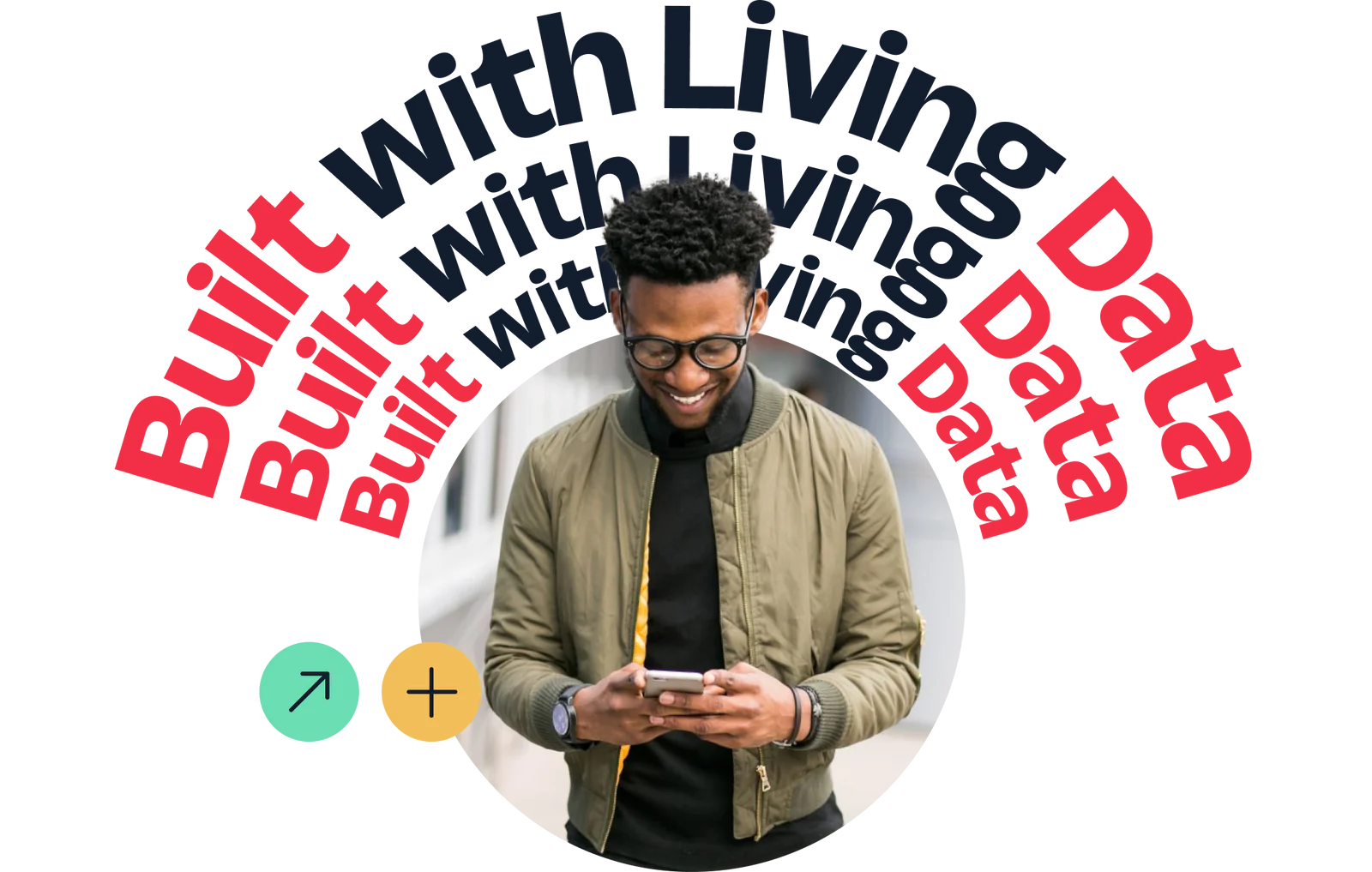Learn how these companies are achieving the ultimate customer relationships with Twilio
-
Panera Bread extends contactless service and increases guest choice with SMS messaging
-
Yelp keeps restaurants full and diners happy using two-way SMS powered by Twilio
-
How the Norwegian Refugee Council built 10+ Flex contact centers in 12 months to support refugees across the globe
-
Universidad Uk optimizes student and employee experiences with AI
-
How luxury retailer LUISAVIAROMA’s data unification strategy boosted ROAS on Meta and led to process efficiency gains
-
Lime kicks fraud to the curb with Twilio Verify
-
Intuit continues powering prosperity around the world with the help of Twilio Verify
-
How Better Mortgage enhanced its customer journey with Twilio Flex
-
Why Zendesk’s mindful approach to customer service is a breath of fresh air
-
Nubank is pioneering the new “digital-first” era of banking with Twilio
-
Uber built a great ridesharing experience with SMS & Voice
-
How Indeed is using Twilio to transform the hiring process with an all-in-one platform for virtual interviews
-
Visionworks sees personalized and scalable patient engagement with Twilio
-
Reddit makes user authentication seamless with Twilio
-
Camping World builds deeper RV customer relationships, increasing sales by 35%
-
Building the future of beauty & wellness: How Fresha empowers businesses with Twilio
-
Jack Henry™ is pioneering personalized financial experiences
-
Sykes Cottages boosting customer experience and achieving reduction in cost
-
smava’s journey to trusted, data-driven customer engagement with Twilio
-
Manus fast-tracks secure authentication and builds trust with Twilio Verify





